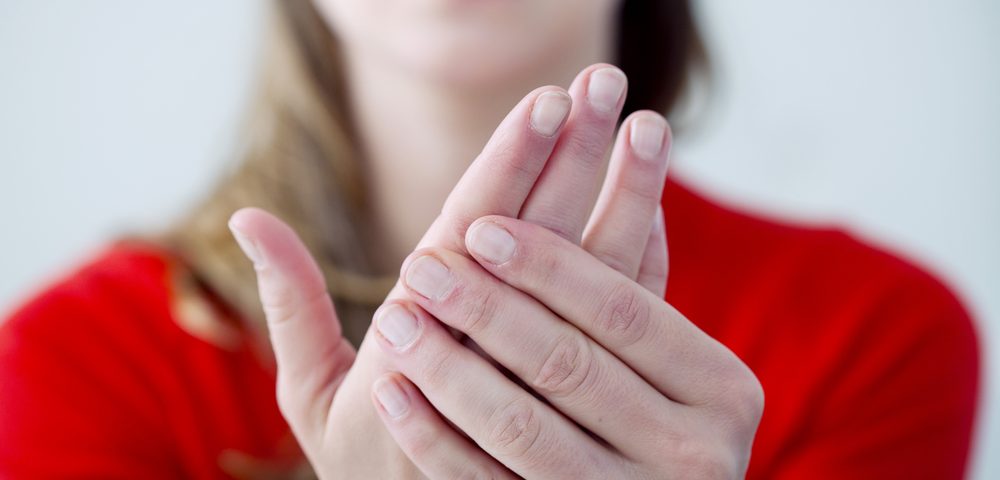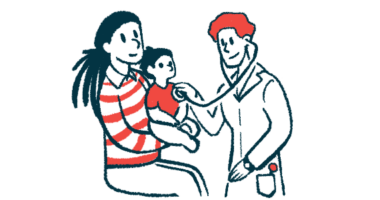Tips for Your Daily Routine When You Have Cold Agglutinin Disease

In cold agglutinin disease (CAD), the body mistakenly produces antibodies against its own red blood cells. When exposed to cold temperatures, these antibodies bind to the red blood cells, attacking them as if they were a virus. This makes you hypersensitive to cold and causes chronic anemia and circulatory problems, This may affect everything in your daily activities, including nutrition and sleep.
Here are some tips that may help you manage your daily routine.
Stay atop your care
Keeping track of how you’re feeling and sharing that information with your physician are crucial parts of CAD management.
Reduce exposure to cold
Cold will worsen CAD symptoms. Here are some ways to lower your exposure to cold:
- Dress warmly in an air-conditioned space.
- Keep an extra scarf, sweater, hat, and a pair of gloves in your vehicle.
- Dress in layers in cold temperatures; wear a hat, a scarf, and a coat with snug cuffs.
- Wear gloves or mittens when removing food from the freezer or refrigerator.
- In cold weather, start your car’s engine and let the heater warm up the inside before driving.
- Avoid drinking cold water or other cold liquids.
- Use space heaters, if necessary, to keep the room temperature at comfortable levels.
- If possible, relocate to a warmer climate during the cold season.
Manage and treat Raynaud’s phenomenon
A cold-induced CAD symptom, Raynaud’s phenomenon is a condition in which blood vessels — most commonly those in the toes and fingers — constrict under cold or stressful conditions, causing a major change in skin color and sensation. Improving blood circulation is vital to managing Raynaud’s phenomenon. Tips for achieving that include:
- Wearing warm clothes when it’s cold.
- After an attack, soaking hands and feet in warm water.
- Keeping your home warm.
- Exercising regularly.
- Performing breathing exercises and meditation for relaxation.
- Limiting caffeine consumption.
Avoid infections
Because the medications you may be taking can weaken your immune system, it’s very important that you avoid getting infections. Here are some precautions:
- Avoid crowded places and people who are ill.
- Avoid unhygienic eating venues.
- Wash your hands frequently.
- Brush and floss your teeth regularly, and get regular dental care.
- Stay current with your vaccinations, but first consult your physician. Discuss the risks of inoculations with live vaccines.
Treat joint pain
Joint pain can markedly affect your quality of life. If the pain is mild, over-the-counter pain relief medications may suffice. If your pain is severe, ask your physician about other treatment options.
Make sure friends know about your condition
Because you likely were diagnosed with cold agglutinin disease in middle age, your longtime friends may have a difficult time grasping what CAD is and how seriously cold now affects you. Make certain they understand your lifestyle changes and their need to adapt to them. If the local theater, for example, always feels too cold, perhaps you can skip the concert, but meet for a meal before or after.
Get proper nutrition and sleep
Although anemia in CAD is not caused by nutritional factors, a well-balanced, healthy diet can help raise hemoglobin levels and reduce fatigue. Consult your physician or nutritionist for guidance. A good night’s sleep and resting between chores or tasks also can help the body recover and boost your energy levels.
Last updated: April 29, 2020
***
Cold Agglutinin Disease News is strictly a news and information website about the disease. It does not provide medical advice, diagnosis, or treatment. This content is not intended to be a substitute for professional medical advice, diagnosis, or treatment. Always seek the advice of your physician or other qualified health provider with any questions you may have regarding a medical condition. Never disregard professional medical advice or delay in seeking it because of something you have read on this website.






